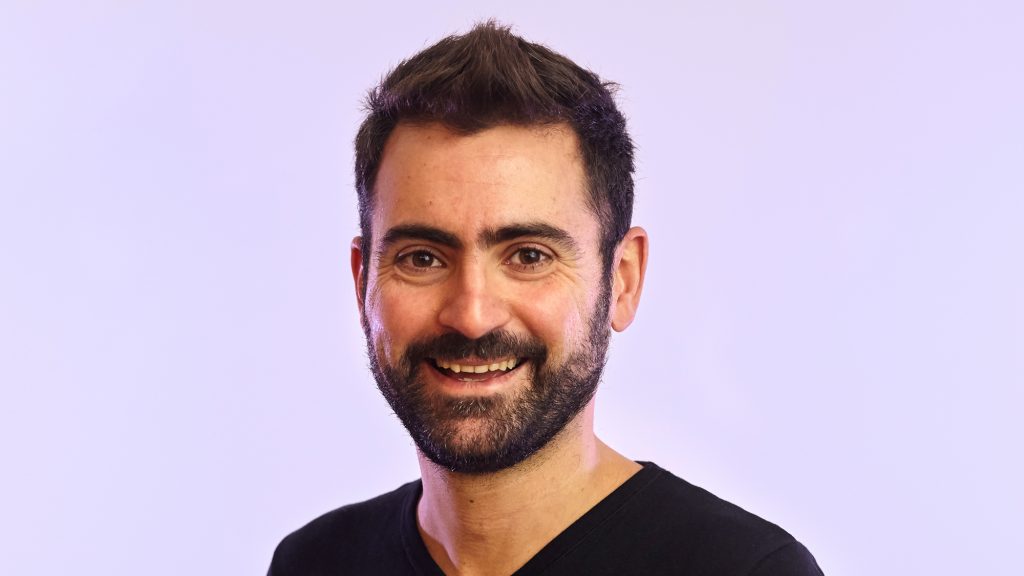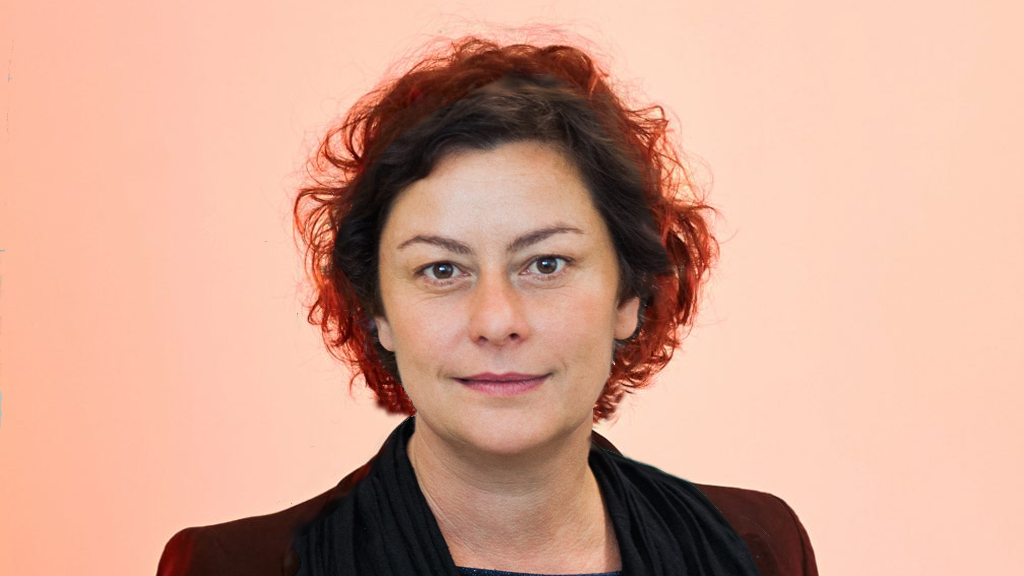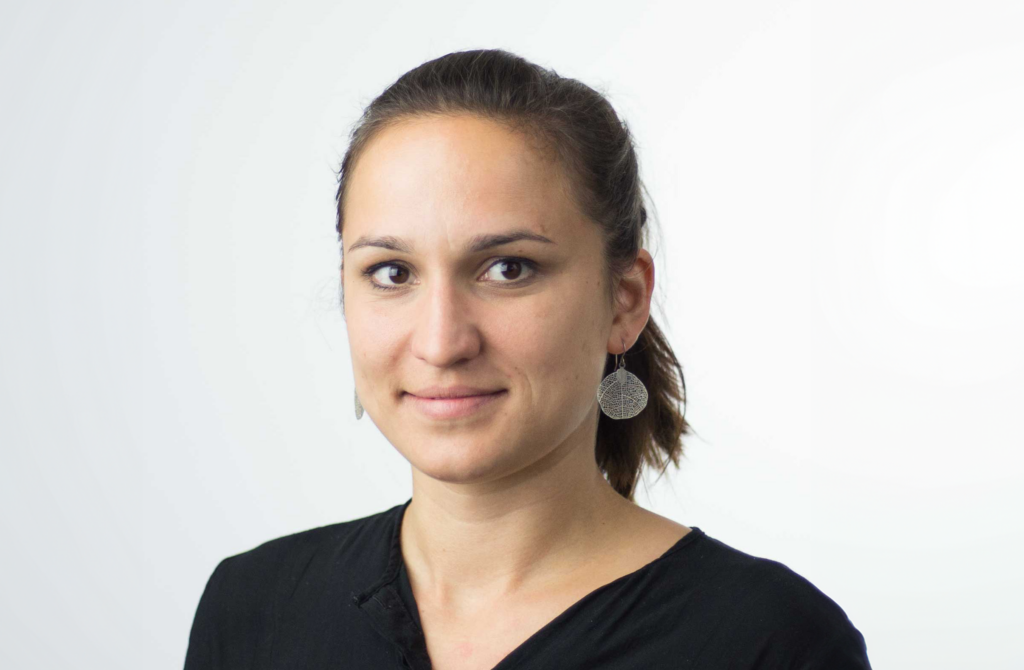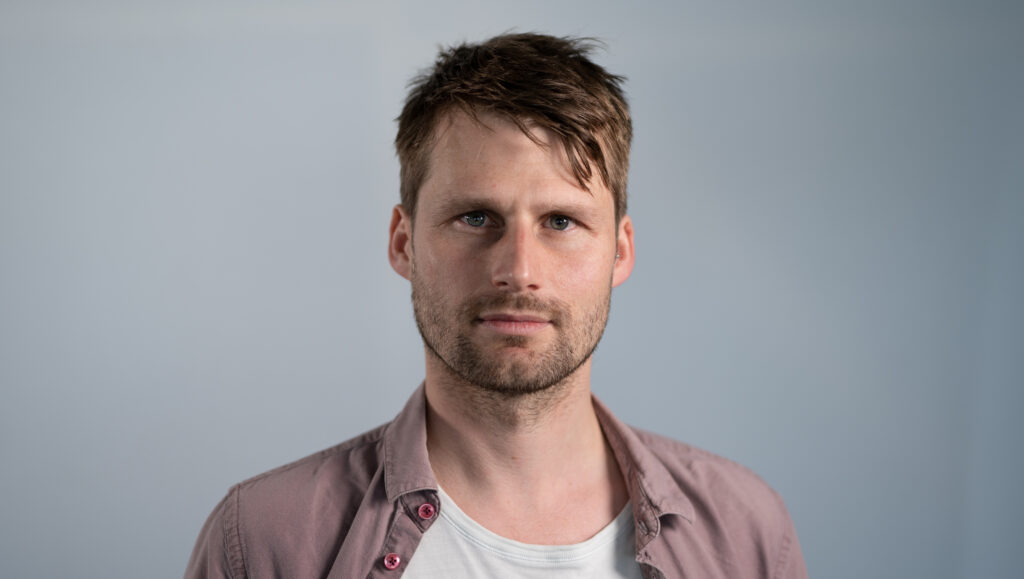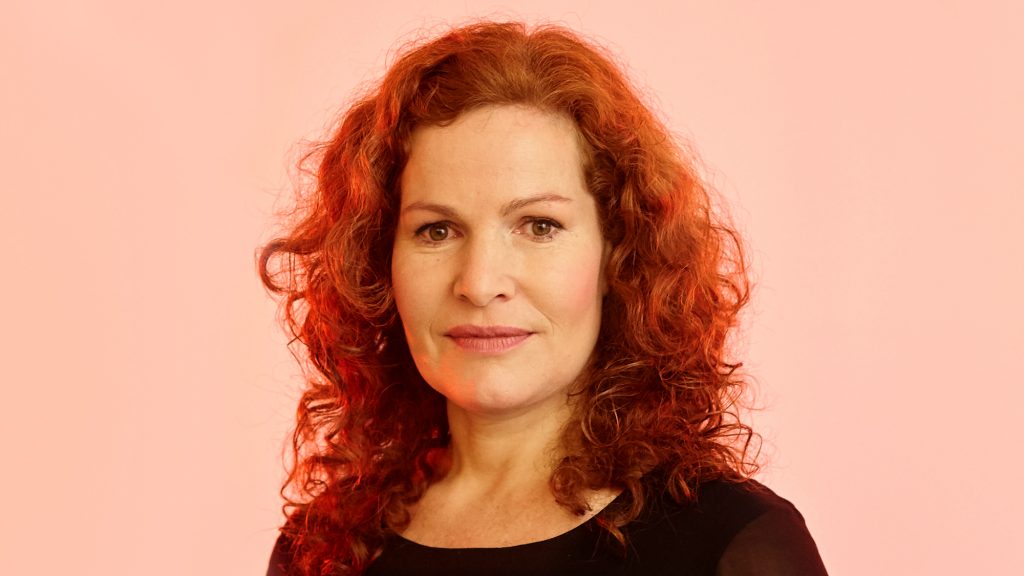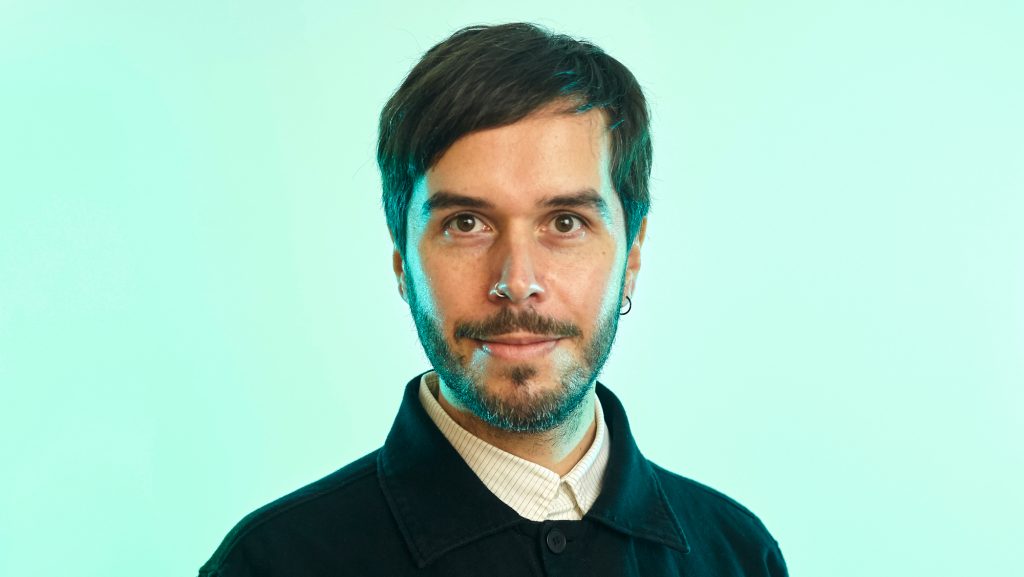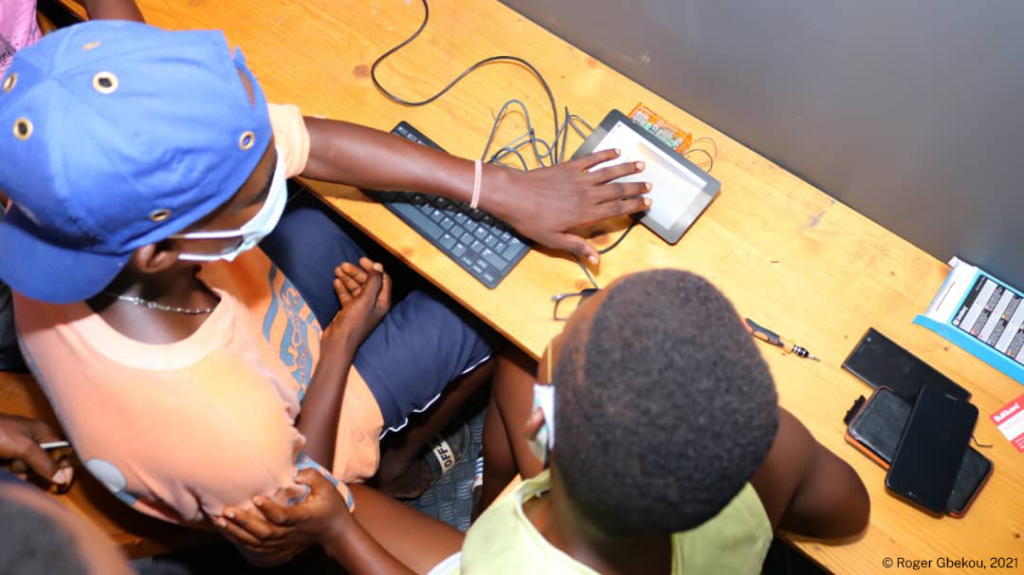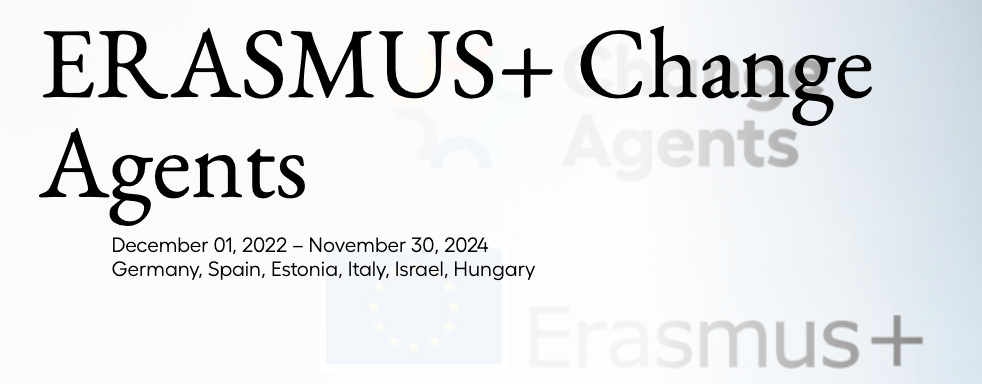Our interdisciplinary approach includes critical human-centered design, technology hacks and prototyping, public interventions, and strategies of inclusive discourse. By assembling new forms of transdisciplinary research, we aim to make the development of technologies a participatory social practice. To establish such new concepts for an inclusive society, we tap into and foster the interdependencies between academia, industry, politics, art, design, activism, and the general public. We do this by smuggling our practices into the mainstream discourse and by sparking fortuitous encounters all around the globe.
Several diverse groups are tied into the Design Research Lab network ranging from material interaction and smart textiles to social design and digital sovereignty:
Berlin University of the Arts is one of the largest and most diversified universities of the arts in the world. The teaching offered mostly in traditional formats in the four colleges of Fine Arts, Architecture, Media and Design, Music and Performing Arts as well as at the Central Institute for Continued Education/ Berlin Career College encompasses the full spectrum of the arts and related academic studies in more than 70 courses. With the right to confer doctorates and post-doctoral qualifications, Berlin University of the Arts is also one of the few art colleges in Germany with full university status.
The Einstein Center Digital Future (ECDF) is the center for digitalization research in Berlin. Since its opening in 2017, scientists have been conducting research in the core areas of Digital Infrastructure, Methods, and Algorithms and in the innovation areas of Digital Health, Digital Society as well as Digital Industry and Services.The ECDF is a project based on a large-scale public-private partnership (PPP) between more than 30 companies, organizations, all four Berlin universities, the Charité – Universitätsmedizin Berlin and more than ten research institutions from Berlin science.
The DFKI is the largest Research Center for AI in Europe, dating back to its foundation in 1988 as a non-profit public-private partnership. Based on application oriented basic research, DFKI develops product functions, prototypes and patentable solutions in the field of information and communication technology. Research and development projects are conducted in twenty research departments, nine competence centers and eight living labs.
The Weizenbaum Institute for the Networked Society – The German Internet Institute is a collaborative project from Berlin and Brandenburg funded by the Federal Ministry of Education and Research (BMBF). The aim is to better understand the dynamics, mechanisms and implications of digitalisation. To this end, the Weizenbaum Institute investigates the ethical, legal, economic and political aspects of digital change. This creates an empirical basis for responsible digitalisation. On the basis of the research findings, action options are developed for government, the economy and civil society, in order to shape the digital transformation in a responsible interdisciplinary manner.


